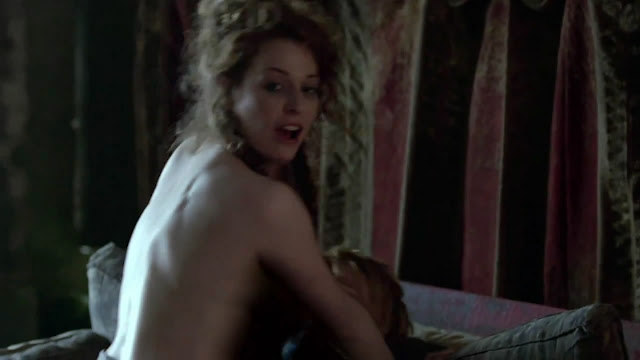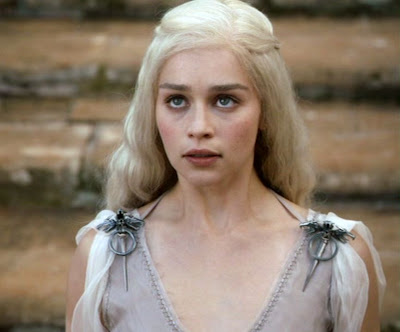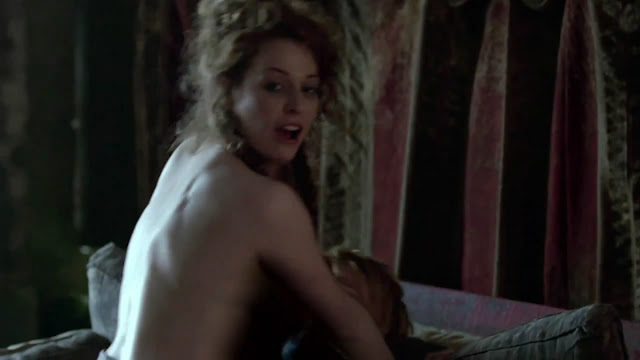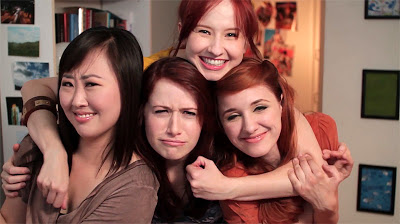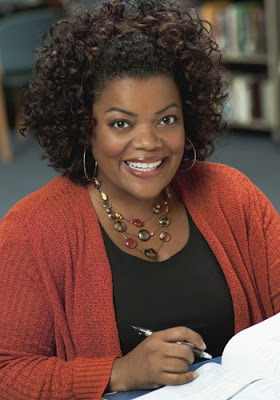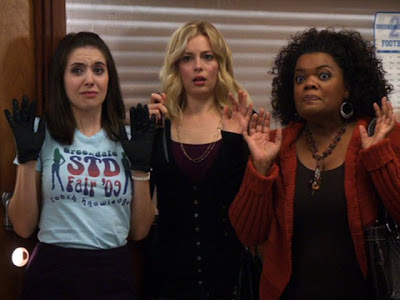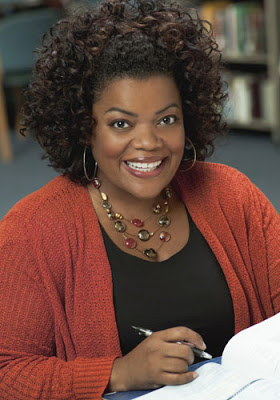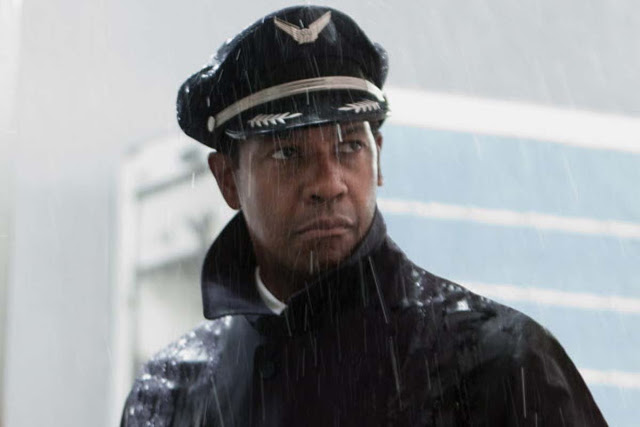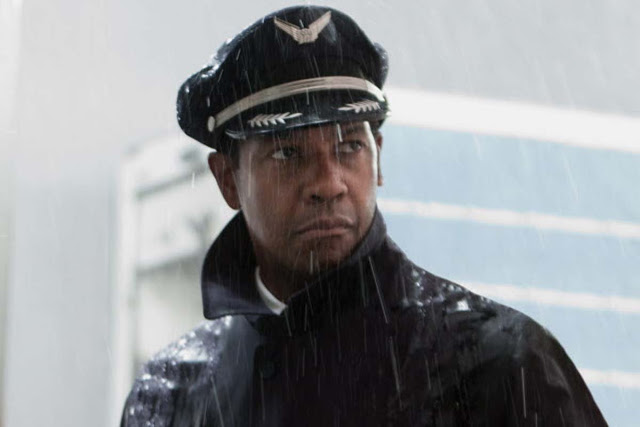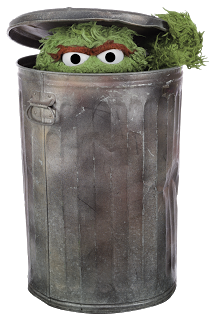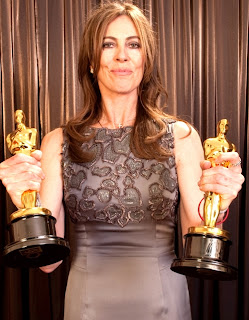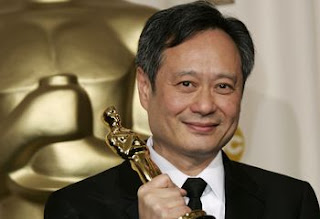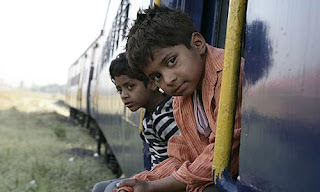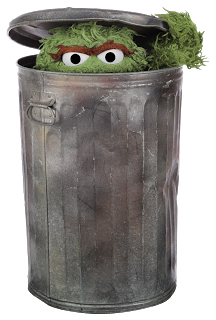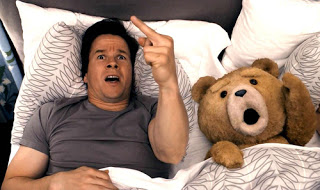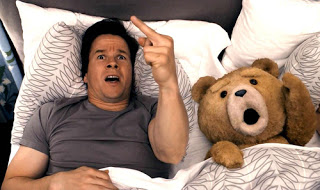Written by Lady T.
 |
| Denzel Washington in Flight |
Flight, directed by Robert Zemeckis and written by John Gatins, has a fascinating lead performance by Denzel Washington and an absolutely harrowing plane crash scene that will make you never want to fly again. It also has a poorly-conceived romance subplot with a character who is not so much a real woman as a distracting trope of a woman inserted to show a different side to the protagonist. No one who is looking for a Bechdel-passing thriller will want to pick up Flight, as there is gratuitous female nudity and few of the female characters are well-developed, to no fault of the capable actresses.
Yet despite the presence of exploitative nudity and poorly written female characters, I found one surprising, perhaps unintentional, feminist message in Flight, in the story involving Katerina Marquez, the female character with the least amount of development and screentime.
Flight opens with the morning after of a sexual encounter between pilot Whip Whitaker (Denzel Washington) and flight attendant Katerina Marquez (Nadine Velazquez). (There is female nudity but no male nudity, because of course there is, and the lingering shots on her body are pure male fantasy/objectification.) Based on their brief conversation, we learn that Whip and Katerina seem to like each other well enough, but the sex was definitely on physical attraction and no real emotional connection. We also learn that they drank – a lot – the night before the flight.
Later in the day, the passengers board the flight, Katerina helps them to their seats, and Whip mixes several mini-bottles of vodka into his drink, making it clear that he has a serious problem with alcohol and thinks nothing of how his behavior might affect the safety of the passengers.
When the plane starts to fall apart, though, Whip is an absolute master at the helm, remaining calm and controlled and guiding the plane to safety. Katerina, meanwhile, notices a child passenger who has fallen out of his seat when the plane turned upside down. She unbuckles her own seat belt, crawls to the other side of the plane, and puts the child back in his chair, strapping him back in.
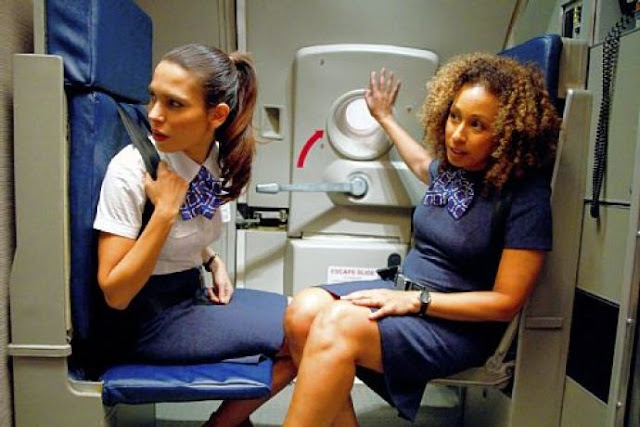 |
| Nadine Velazquez as Katerine Marquez and Tamara Tunie as Margaret Thomason in Flight |
This is the moment where I decided that I liked Flight, even if it is a very flawed film from both an artistic and feminist perspective, because the script recognizes that human beings are complex, not completely good or completely evil. Whip and Katerina both drank before the flight (and Whip during, which is even worse), but they’re still both capable of acts of great heroism.
During more turbulence, Katerina falls, breaks her neck, and dies. (A
review at
Bitch magazine decries this dramatic choice as an example of the “woman who has sex in a horror movie dies first” cliche, which I feel entirely misses the point and is downright insulting to a character who died in the line of duty, saving a kid’s life.) Whip survives, though with many serious injuries.
The rest of the film is focused on Whip’s journey as the controversy surrounding the plane crash is hyped in the media, and he goes under investigation. We learn that Whip’s pilot skills are indeed magnificent, and that he saved 96 out of the 102 passengers on board. At the same time, the script and Washington never let him off the hook for his terrible behavior. As the story unfolds, Whip grows increasingly arrogant, reckless, addicted, and dangerous, repeating over and over again that “they gave him a broken plane,” as though this absolves him from drinking/snorting cocaine while flying.
 |
| Whip addressing the press outside his ex-wife’s house |
Whip finally attends his National Transportation Safety Board hearing (while drunk and on cocaine), where the lead investigator Ellen Block (played by Melissa Leo) reveals that the cause of the plane crash was a damaged jackscrew in the elevator assembly. The crash is in no way Whip’s fault. Sitting in the hearing, even while drunk and pretending not to be, Whip feels as though he’s in the clear.
Then Block drops an unexpected bomb on his head: the empty vodka bottles were found on the plane. Only the flight crew had access to the alcohol on board, and Katerina Marquez’s toxicology report tested positive for alcohol. She asks Whip if he thinks Katerina drank the vodka.
My stomach twisted in nausea when Block asked this question, because I knew exactly what would happen if Whip let Katerina take the fall for the vodka bottles. The media would go into a frenzy. The story about the broken plane would turn into the story of the drunk slut of a flight attendant whose reckless behavior almost ruined the reputation of a decent man who saved the lives of ninety people. Katerina’s rescue of the child on the plane would go largely unnoticed. The media would tarnish her name, all too eager to sink their claws into another story about a fallen woman.
It would be all too easy for Whip to lie. He’s lied already to everyone around him, including himself. The rest of his career rides on this lie. Katerina’s career won’t be ruined if he lies; she’s already dead. There is nothing to stop him from lying — except his conscience.
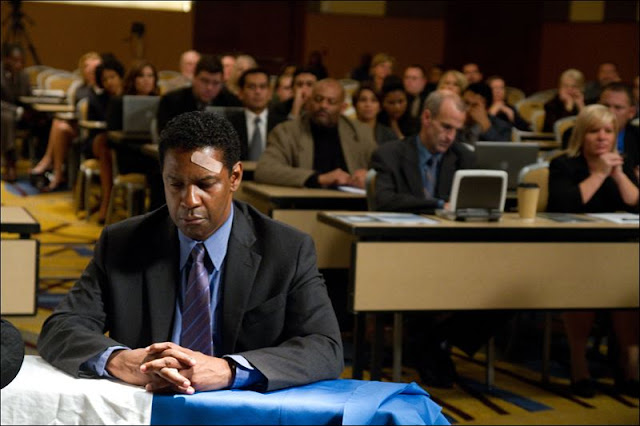 |
| Whip right before (eventually) doing the right thing |
For whatever reason, Whip can’t lie. When confronted with Katerina’s face, he can’t continue with his charade. After struggling with himself and muttering “God help me” under his breath, he says, “No, Katerina did not drink the vodka…because I drank the vodka.” The consequences are swift: his reputation is ruined, his career is over, and he has to serve time in jail, but his conscience is a little clearer now.
Whip refusing to blame Katerina is not a heroic act on his part; it’s simply Whip taking long-overdue responsibility for his actions. But living in a world that blames women for their own rape and abuse, a world that shames women for stepping outside of their prescribed roles, that punishes mistakes any mistakes women make, that finds excuses for famous athletes who rape women and kill their girlfriends, I felt gratified to see a male character refuse to tarnish a woman’s name, even at personal cost to himself.
Katerina is not a character we get to know very well. She only exists in the plot to serve as a parallel to Whip, and she’s naked for no real reason at the beginning of the film. All the same, I appreciated that the male lead acknowledges Katerina’s humanity and her worth as a person. He acknowledges that she doesn’t deserve to have her reputation dragged through the mud. Even though her character is killed early in the film, she is not treated as disposable, because women do not deserve to be treated as disposable. I’m uncertain that this message was intentional on the part of the team who created Flight, but I’m grateful for it all the same.
———-
Lady T is an aspiring writer and comedian with two novels, a play, and a collection of comedy sketches in progress. She hopes to one day be published and finish one of her projects (not in that order). You can find more of her writing at The Funny Feminist, where she picks apart entertainment and reviews movies she hasn’t seen.
